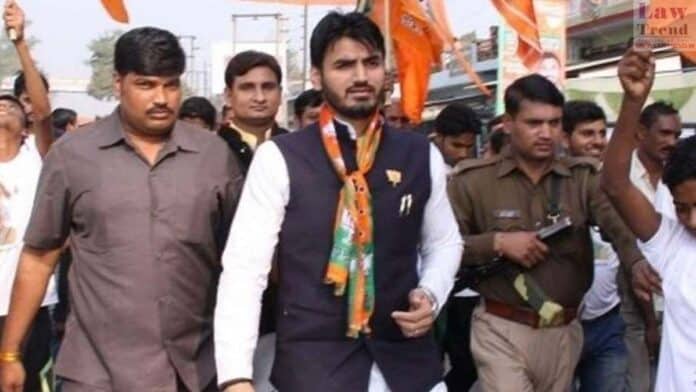The Supreme Court has dismissed a petition filed by Noida-based politician Srikant Tyagi, who was arrested in August last year for allegedly assaulting a woman in a Noida society, seeking police protection.
Tyagi had come to the limelight after his video in which he was purportedly seen abusing and assaulting a woman resident of his society in Noida went viral on social media. The woman had allegedly objected to the plantation of trees by Tyagi on the premises of Grand Omaxe society in Sector 93B, Noida.
Tyagi was booked for assaulting and abusing the woman.
A bench of Justices Bela M Trivedi and S C Sharma said it was not inclined to interfere with the Allahabad High Court judgement.
“We are not inclined to interfere with the judgment impugned herein under Article 136 of the Constitution of India. The petition for Special Leave to Appeal is dismissed,” the bench said.
The top court was hearing an appeal filed by the politician challenging July 4 judgement of the high court which had declined his plea saying that “a person who has chosen violence and does not value human life, has no right to plead that the state should take special measures to protect his life from rivals”.
Also Read
“In our opinion, providing personal security would bolster the activities of such person to the detriment of the society at large. A person, who has chosen violence and does not have any value of human life, has no right to plead that the State should take special measures to protect his life from his rivals.
“The threat perception, if any faced by such a person, is of his own making for which the State can not come forward to provide him security,” the high court had said.




